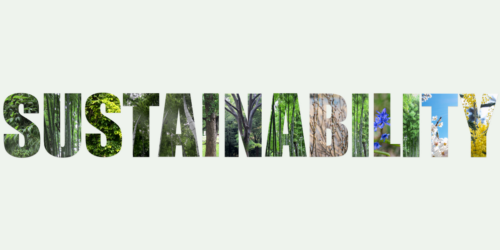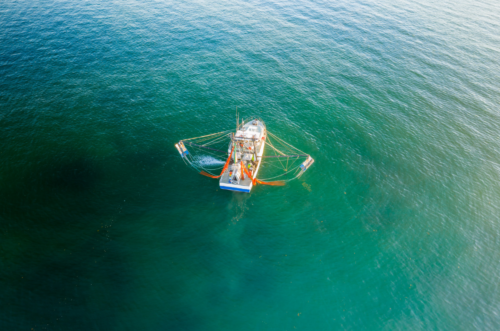
Steakeholder Foods has developed a 3D printer that produces fish from cultivated cells. These fish are designed to be a sustainable alternative to traditional fish farming, which can cause environmental damage. The printer uses “additive manufacturing” to layer cells into a specific shape and texture, creating a product biologically identical to the fish it modeled after.
This innovation is an excellent example of the application of STEAM (science, technology, engineering, arts, and math) in food production. Using cutting-edge technology and scientific knowledge, Steakeholder Foods has created a product that not only has the potential to feed a growing population but does so in an environmentally sustainable way.

The benefits of this technology go beyond sustainability. The fish produced by Steakeholder Foods are also free of antibiotics, hormones, and other contaminants that can be found in conventionally farmed fish. Additionally, because the fish are grown in a lab, there is no need to catch wild fish, which can lead to overfishing and the depletion of natural fish populations.
Steakeholder Foods’ 3D-printed fish is a promising development that could revolutionize food production. It is an excellent example of how we can use technology to solve pressing environmental problems while providing nutritious food for our growing population.
read the full article here